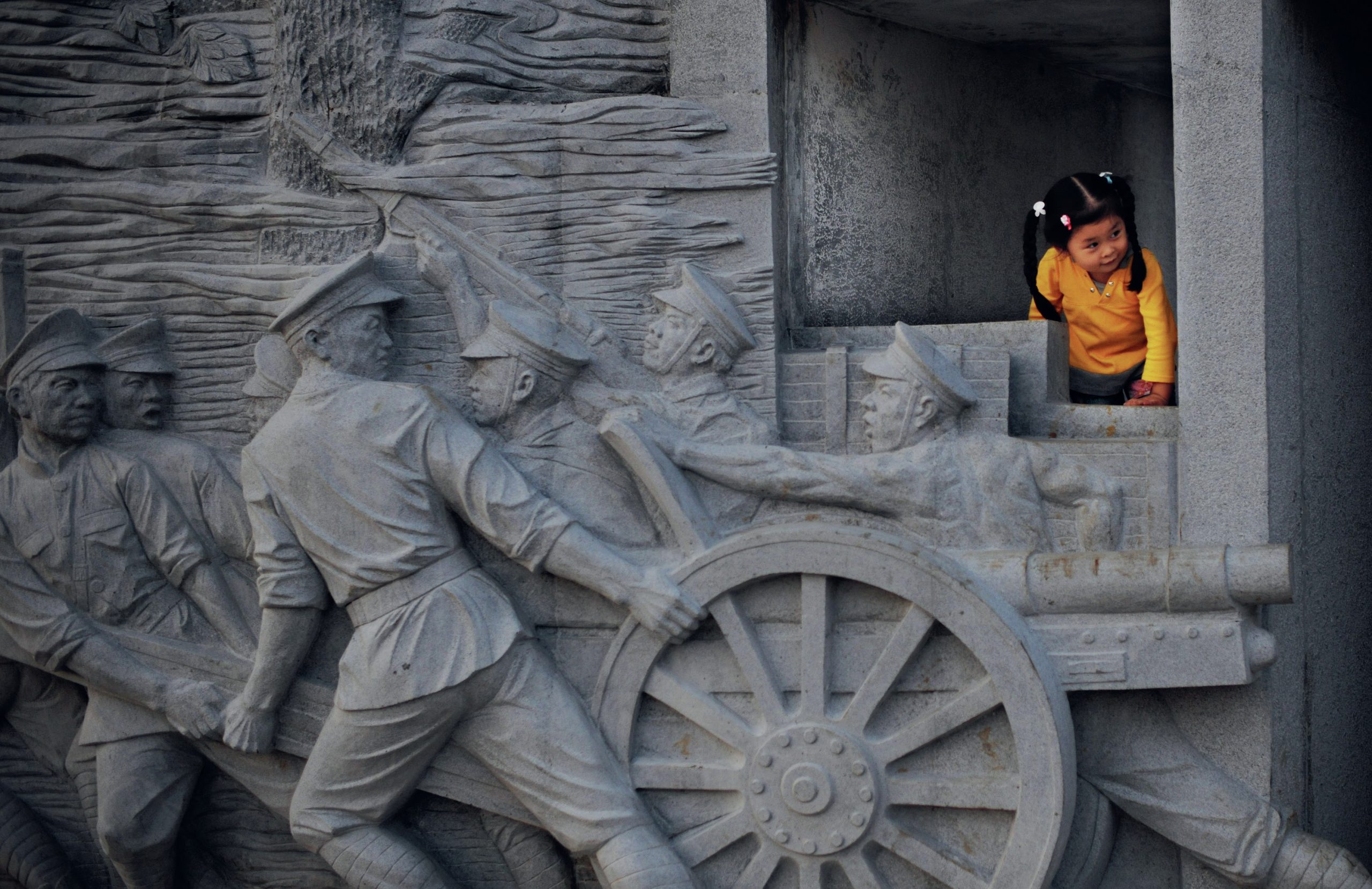
China’s wish to become a republic in the early twentieth century saw the country plunged into further political and economic turmoil, that had started with their defeat by the British in the First Opium War (1839–1842). It was nearly a century before genuine democratic politics took hold on the island of Taiwan, where the Republic of China settled.
The founding of the Republic of China was declared in 1911 by a group of revolutionaries who wanted a democracy, believing this would cure the ailing nation. However, soon after this revolution, the country was fractured by various regional warlords. When the Chinese Nationalist Party (Kuomintang, KMT) established by revolutionaries was about to unite the country, China was invaded by Japan (1937–1945).
Your organisation does not have access to this article.
Sign up today to give your students the edge they need to achieve their best grades with subject expertise
Subscribe




